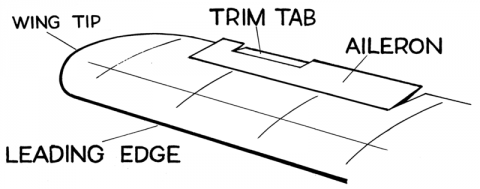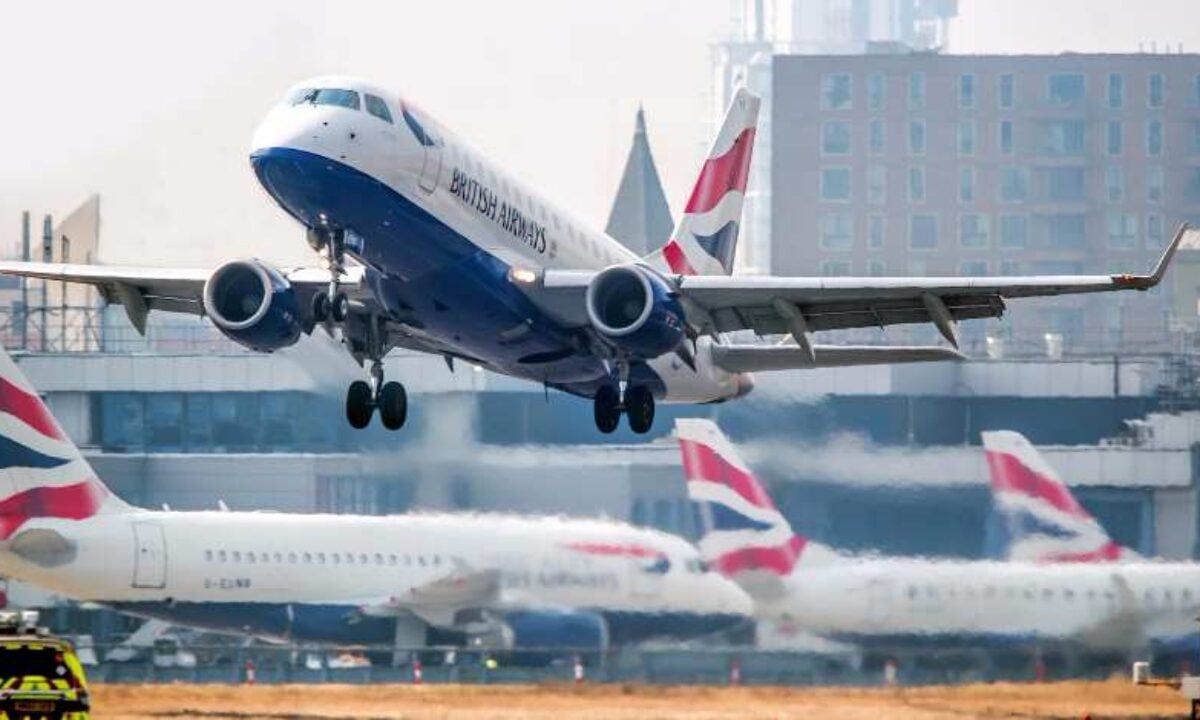The nominal area of the slot in the plane of the faying surface. 2.5.2 Minimum Spacing (Slot Welds). The minimum spacing of lines of slot welds in a direction transverse to their length shall be four times the width of the slot. The minimum center -to-center spacing in a longitudinal direction on any line shall be two t imes the length of the slot. This paper presents the effect of the slots in ground plane and patch on resonant frequency, impedance bandwidth, gain and side lobe. The microstrip antennas have been designed on ε r = 4.3 and h.
- Definition Slot Machine
- Slots Definition Plane Game
- Great Planes Slot Machine
- Slots Definition Plane Crash
 types:
types:A ‘slot’ is simply the permission of the airport operator for an airline to land a plane (and then take off – each slot is effectively a landing/take off pair). This gives not just the right to land the aircraft, but also to use all necessary airport services and infrastructure. ‘The SPD-SL reinforcing plate has a beveled slot, and the thin head of the Campy screw bends a bit to conform.’ ‘He fed the disk into the reader slot, checked to make sure no one had screwed up the settings, and hit go.’ ‘Placing the unit in the slot, Nathan replaced the panel and screwed it.
 machine screw
machine screw

Definition Slot Machine
Slot - A set time when runway is assigned for a flight to take-off or land.
Standby - Is the situation when a traveller without a reservation
is waiting for a seat on a flight to become available. The passenger
is usually asked to report to the gate shortly before departure.
Slot A specially-shaped slot in the wing just behind the leading edge. This directs airflow from below to the top of the wing, and helps low-speed flight by delaying the stall. Because they are permanently-mounted, they do add drag. See also 'Slats'
Slow Roll A very slow version of the roll.
SLOT - A long, narrow, spanwise gap in a wing, usually near the leading edge, to improve airflow at high angles of attack for slower landing speeds.
SLOTTED FLAP - A flap that, when depressed, exposes a slot and increases airflow between itself and the rear edge of the wing.
~, slotted See slat.
SMD Stand-off Munitions Dispenser.
snap-downAir-to-air interception of low-flying aircraft by AAM fired from fighter at a higher altitude.
Time ~: A period of time allocated to an aircraft to take off.
TOGW: Take Off Gross Weight.
Ton (UK): Mass equal to 2 240 lb or 1 016 kg/1.016 tonnes. Commonly known as a long or gross ton.
Fixed ~
Filed Under: AviationTagged With: FAAPilot's Handbook
Fixed Wing (ICAO Definition) ...
~ TIME-
(See METER FIX TIME/~ TIME.)
SLOW TAXI- To taxi a floatplane at low power or low RPM.
~ - The gap between the slat and leading-edge of the main airfoil, which splits the airflow and maintains a smooth flow over the main airfoil upper surface.
SPAN - The distance from tip to tip of the wing or tailplane.
The ~ incorporated into the junction between the main wing and the plain flap in the slotted flap arrangement allows airflow from under the wing to energise (i.e. accelerate and smooth) the turbulent boundary layer flow over the upper surface of the lowered flap.
Leading edge slats prevent the stall up to approximately 30 degrees incidence (angle of attack) by picking up a lot of air from below, where the ~ is large (Figure 3), ...
Maintenance Data Terminal MEA Minimum Enroute Altitude MEARTS Micro-EARTSMEL Minimum Equipment List METAR Aviation Routine Weather Report METI Meteorological Information MF Middle Frequency MFJ Modified Final Judgment MFO Medical Field Office MFT Meter Fix Crossing Time/~ Time ...
The most expensive fix is construction of a leading edge ~. A 'cuff' or drooped leading edge may be used, a series of protrusions on the upper wing surface may be used to direct air flow even to the extent of being full chord 'fences' to prevent span-wise flow.
It follows that if we guide air through a narrowing ~ (a funnel) it must go faster and faster to get through and if the exit is smaller than the entrance we have a definite suction at the exit.
A ~ acts as a duct to force high-energy air down on the upper surface of the wing when the airplane is fling at a high angle of attack. The ~, which is located ahead of the aileron, causes the inboard portion of the wing to stall fist, allowing the aileron to remain effective throughout the stall.
Slots Definition Plane Game
The frise-type aileron also forms a ~ so air flows smoothly over the lowered aileron, making it more effective at high angles of attack. Frise-type ailerons may also be designed to function differentially. Like the differential aileron, the frise-type aileron does not eliminate adverse yaw entirely.
The receiver needs to set its own clock to the correct time ~. It does this by trying all the possible values. This process may take one or two seconds. In many GPS receivers this stage of the proceedings is shown on the display by the satellite acquisition histogram bar becoming visible as a hollow bar.
This is a small wing like device installed ahead of the wing leading edge so that the air can flow in between the slat and wing (~) at high angles of attack. Nowadays you will find automatically retractable slats as the fixed type creates a lot of drag at higher speeds.
We use a pump to create a supply of air at very high pressure.
The air comes out a nozzle. The result is a jet of high-velocity air at the same pressure as the local air.8
The jet shoots out of a ~ in the top of the wing, adding energy to the boundary layer at a place where this could be very helpful.
All suppliers are not created equal and it is absolutely necessary the builder sort out the rotten apples before tossing the envelope in the mail ~.
Not only must your heading be precise, but your altitude is critical--and you must judge both of these visually. In particular, you must be at an altitude that will clear the base of the launch pad, but be below the gantry arms. You'll be flying through a little square ~.
Great Planes Slot Machine
See also: What is the meaning of Landing, Aircraft, Pilot, Plane, Aviation?Slots Definition Plane Crash
| ◄ Slop | Slow flight ► |